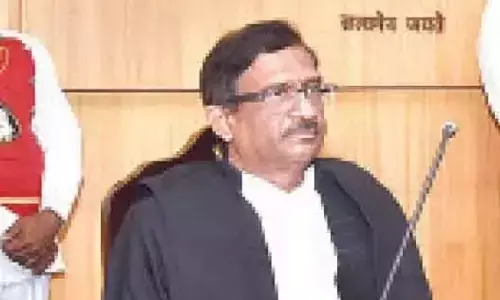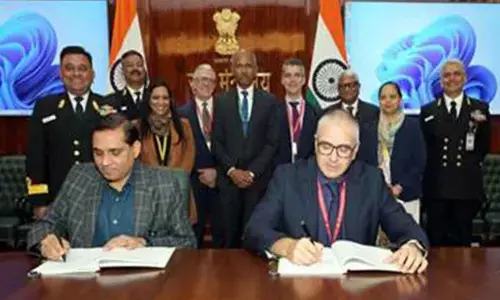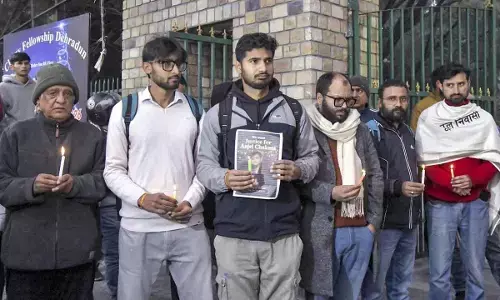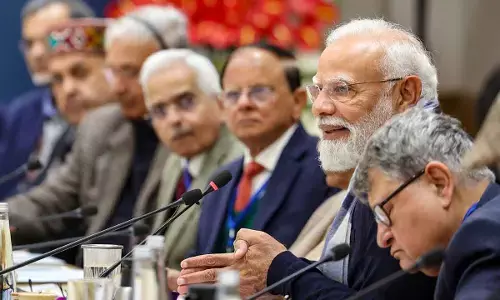Goods & Services Tax

GST to make India a common market. Finance Minister Arun Jaitley introduced the Constitution (122nd Amendment) Bill, 2014, in the Lok Sabha to facilitate the introduction of proposed Goods and Services Tax (GST). The “biggest tax reform since 1947.” Passing the bill includes an amendment to the Constitution.
GST to make India a common market. Finance Minister Arun Jaitley introduced the Constitution (122nd Amendment) Bill, 2014, in the Lok Sabha to facilitate the introduction of proposed Goods and Services Tax (GST). The “biggest tax reform since 1947.” Passing the bill includes an amendment to the Constitution. That means it needs to be cleared by two-third majority in both houses of parliament.
Though, it is like Value-Added Tax (VAT), collected by both Centre and States, it subsumes a number of taxes like CENVAT, central sales tax, state sales tax, octroi, etc. GST is a destination-based tax imposed on products and services in the states where these are consumed.
The purpose is to make India a common market to make it easy for trade and industry alike. National Council of Applied Economic Research, the implementation of GST can enhance India’s GDP by 0.9-1.7% as the current system of multiple taxes was leading to distortion in allocation of resources as well as production inefficiencies.
The simple taxation regime is expected to make manufacturing sector more competitive and save both money and time. The rate for GST is, however, as yet undecided. The GST rate is expected to be around 14-16 per cent. After the combined GST rate is fixed, the States and the Centre will decide on the SGST and CGST rates.
At present, 10 per cent is levied on services and the indirect taxes on most goods is around 20 per cent. Both State GST and Central GST will be levied on the taxable value of a transaction and there will be no difference between goods and services. As some States like Gujarat and Maharashtra complained of loss of revenue, the GST Bill provides for compensation for a period of up to five years.
Initially, petroleum products would not be subject to the levy of GST till the GST Council decides. In the same way, States get to impose taxes on alcohol and tobacco, too. There is also a provision for an additional levy of up to 1% on the inter-state trade in order to benefit manufacturing states, where the supply originates. According to Jaitley, Jaitley said the GST would help reduce tax-on-tax and will be beneficial to consumers. The industry and the common man would stand to gain, he emphasised, while tabling the Bill.









